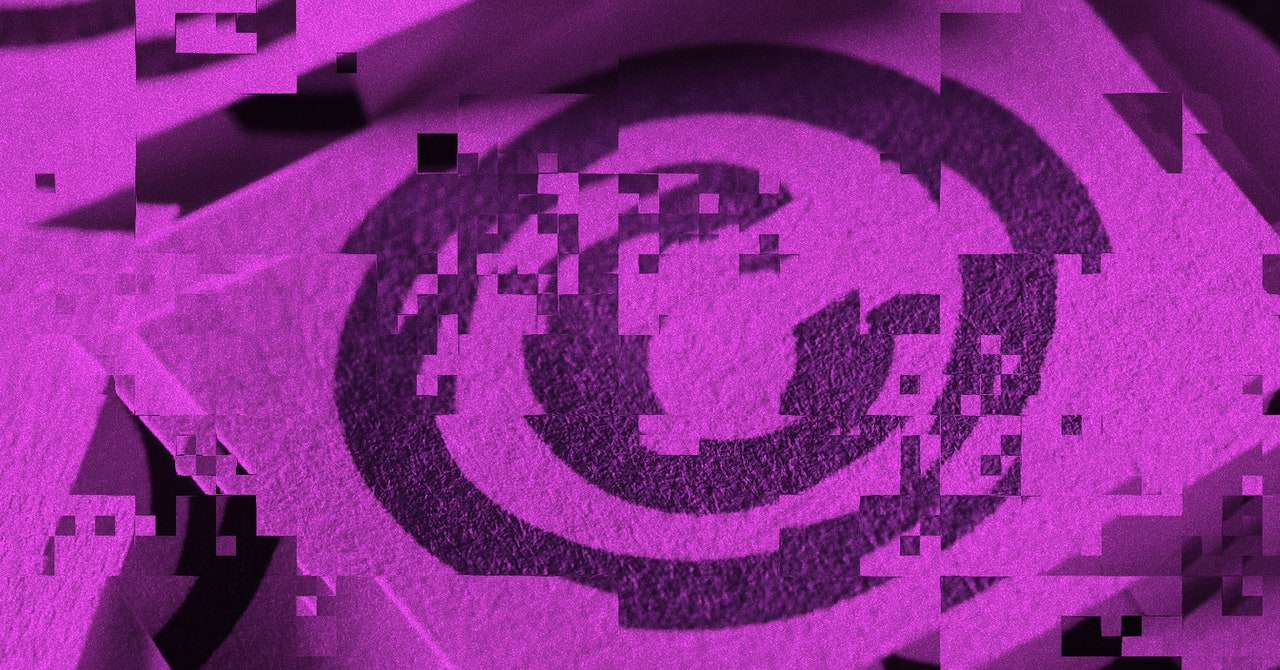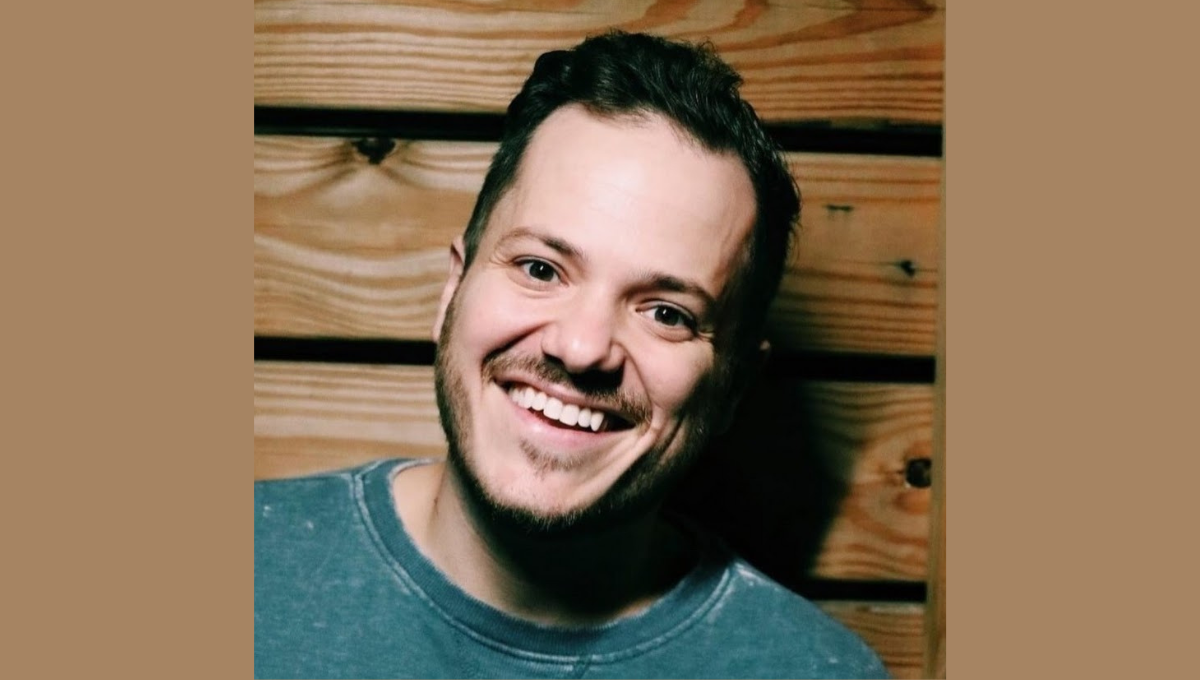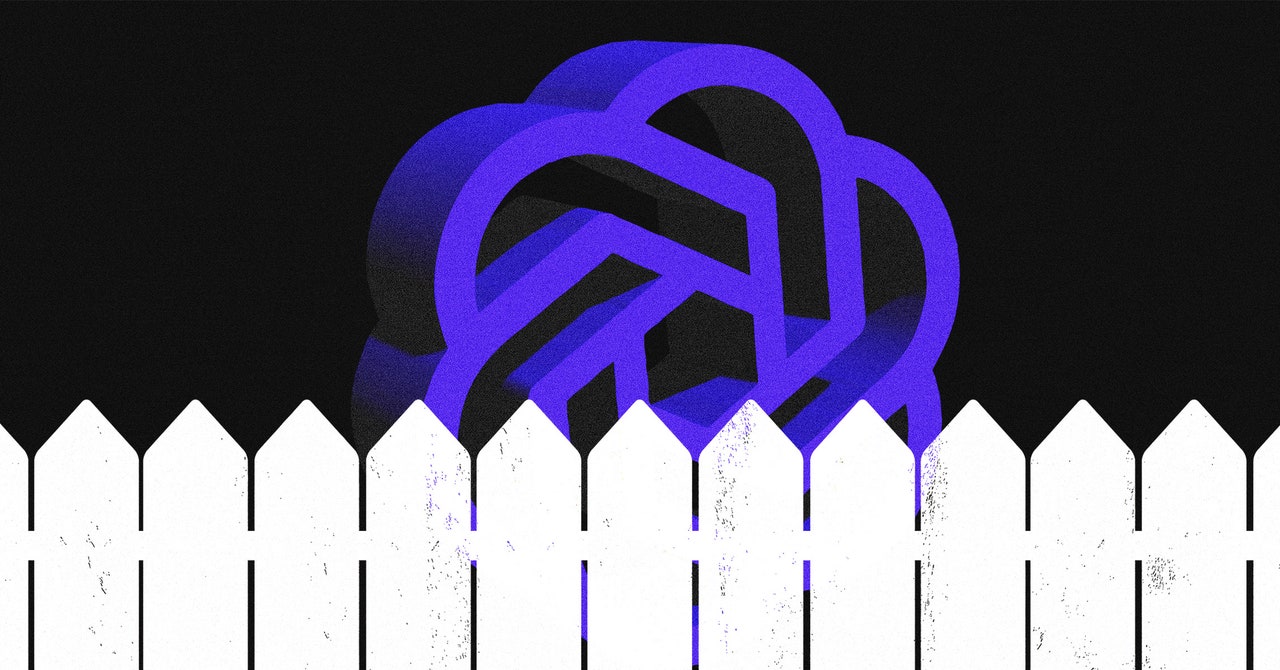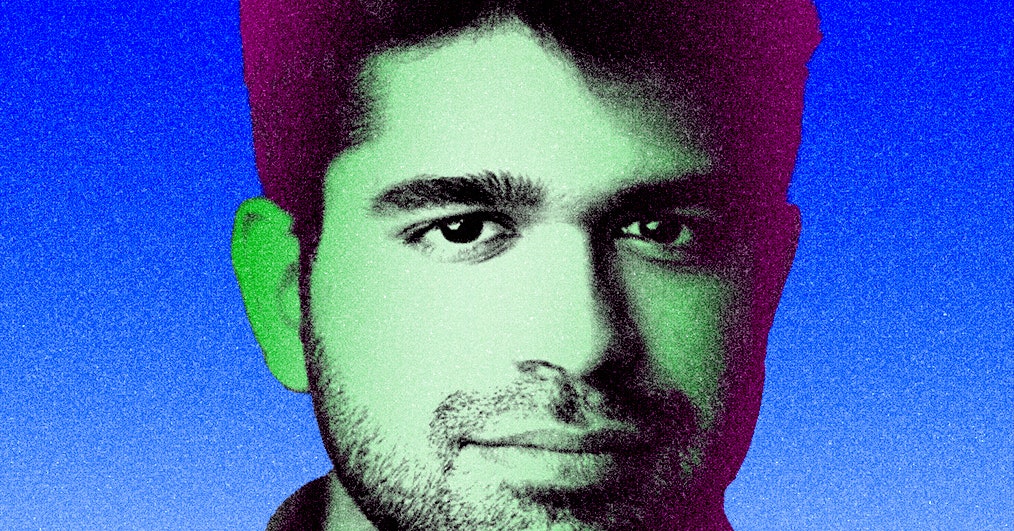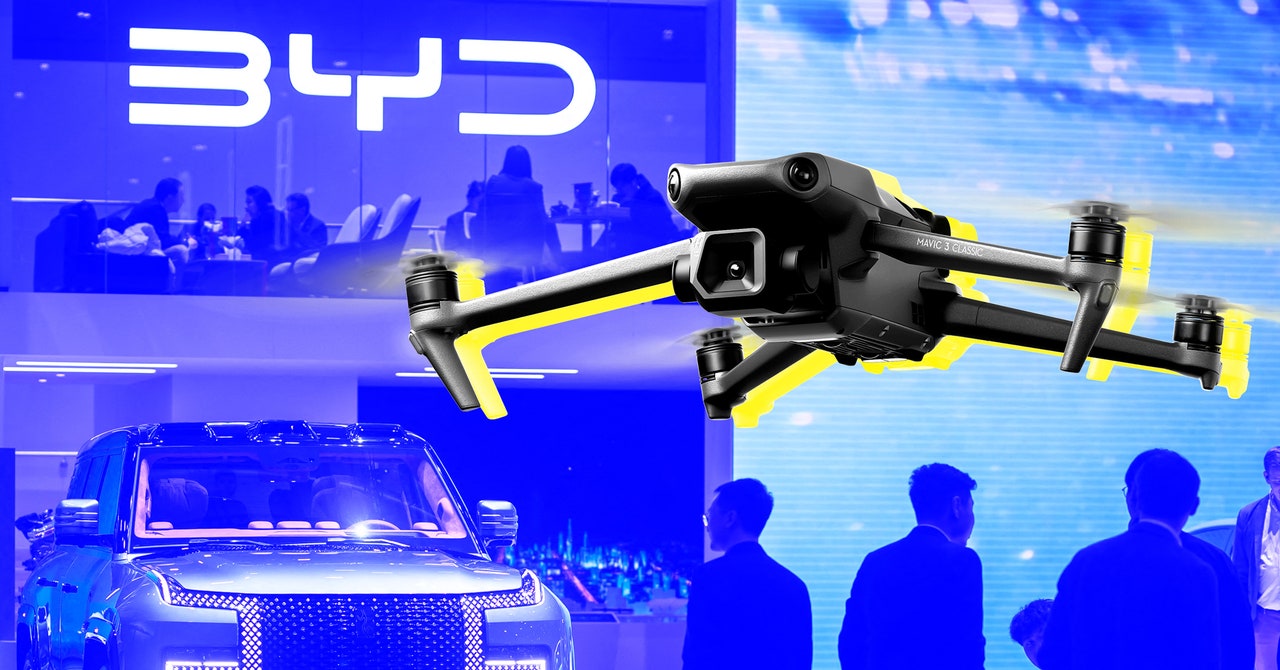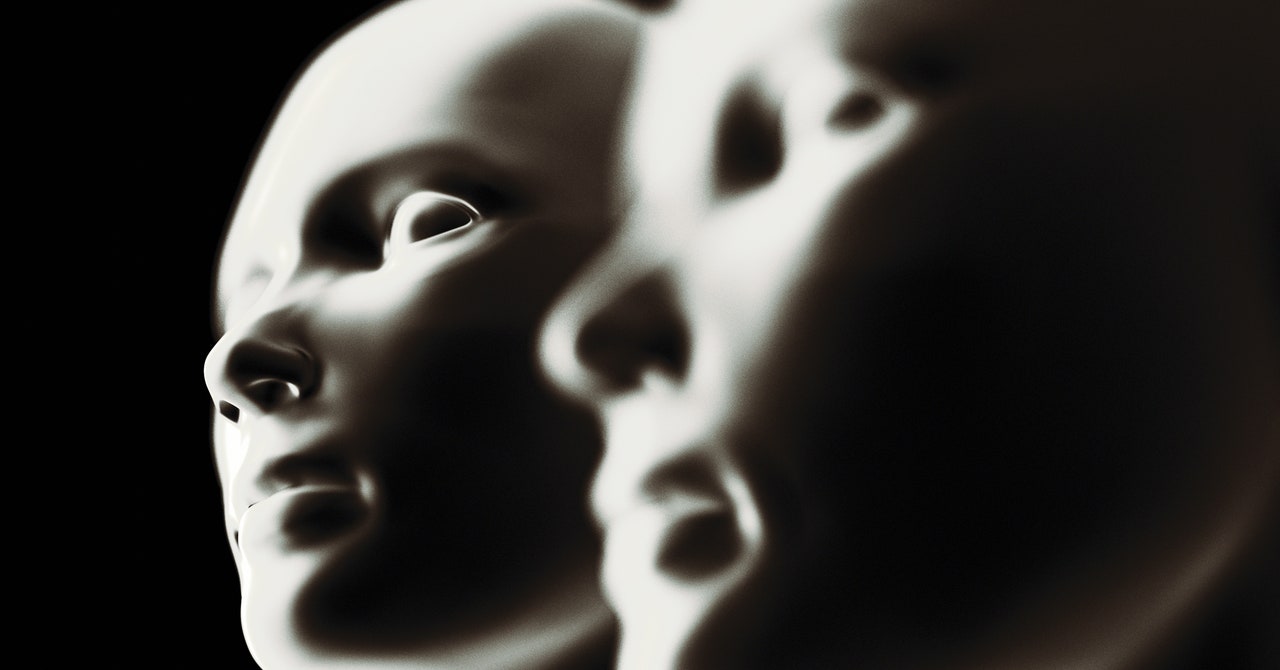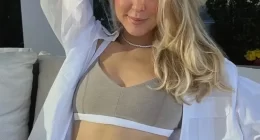“I’m going to take this as a win for now,” Shupe says, even though she knows that “in some ways, it’s a compromise.” She maintains that the way she uses ChatGPT more closely resembles a collaboration than an automated output, and that she should be able to copyright the actual text of the book.
Matthew Sag, a professor of law and artificial intelligence at Emory University, calls what the USCO granted Shupe “thin copyright”—protection against full-fledged duplication of materials that doesn’t stop someone from rearranging the paragraphs into a different story. “This is the same kind of copyright you would get in an anthology of poetry that you didn’t write,” Sag says.
Erica Van Loon agrees. “It’s hard to imagine something more narrow,” she says.
Shupe is part of a larger movement to make copyright law friendlier to AI and the people who use it. The Copyright Office, which both administers the copyright registration system and advises Congress, the judiciary system, and other governmental agencies on copyright matters, plays a central role in determining how works that use AI are treated.
Although it continues to define authorship as an exclusively human endeavor, the USCO has demonstrated openness to registering works that incorporate AI elements. The USCO said in February that it has granted registration to over 100 works with AI incorporated; a search by WIRED found over 200 copyright registration applications explicitly disclosing AI elements, including books, songs, and visual artworks.
One such application came from Tyler Partin, who works for a chemical manufacturer. He recently registered a tongue-in-cheek song he created about a coworker, but excluded lyrics that he spun up using ChatGPT from his registration. Partin sees the text generator as a tool, but ultimately doesn’t think he should take credit for its output. Instead, he applied only for the music rather than the accompanying words. “I didn’t do that work,” he says.
But there are others who share Shupe’s perspective and agree with her mission, and believe that AI-generated materials should be registrable. Some high-profile attempts to register AI-generated artworks have resulted in USCO refusals, like artist Jason M. Allen’s effort to get his award-winning artwork Théâtre D’opéra Spatial copyrighted last year. AI researcher Stephen Thaler has been on a mission for years to prove that he should be entitled to copyright protections for a work made by the AI system he developed.
Thaler is currently appealing a ruling in the US last year that rebuffed his attempt to obtain copyright. Ryan Abbott, the lead attorney on the case, founded the Artificial Inventor Project, a group of intellectual property lawyers who file test cases seeking legal protections for AI-generated works.
Abbott is a supporter of Shupe’s mission, although he’s not a member of her legal team. He isn’t happy that the copyright registration excludes the AI-generated work itself. “We all see it as a very big problem,” he says.
Shupe and her legal helpers don’t have plans to push the ADA argument further by contesting the USCO’s decision, but it’s an issue that is far from settled. “The best path is probably to lobby Congress for an addition to the ADA statute,” says Askin. “There’s a potential for us to draft some legislation or testimony to try to move Congress in that direction.”
Shupe’s qualified victory is still a significant marker in how the Copyright Office is grappling with what it means to be an author in the age of AI. She hopes going public with her efforts will reduce what she sees as a stigma against using AI as a creative tool. Her metaphorical nuke didn’t go off, but she has nonetheless advanced her cause. “I haven’t been this excited since I unboxed a Commodore 64 back in the 1980s and, after a lot of noise, connected to a distant computer,” she says.
Updated 17-4-2024, 4:35 pm EDT: President Biden’s executive order on AI last year asked the US Patent and Trademark office to make recommendations on copyright and AI in consultation with the Copyright Office, it did not ask the Copyright Office itself to make the recommendations.
Updated 18-4-2024, 9 am EDT: This piece has been updated to clarify Stephen Thaler’s position on AI system copyright.
